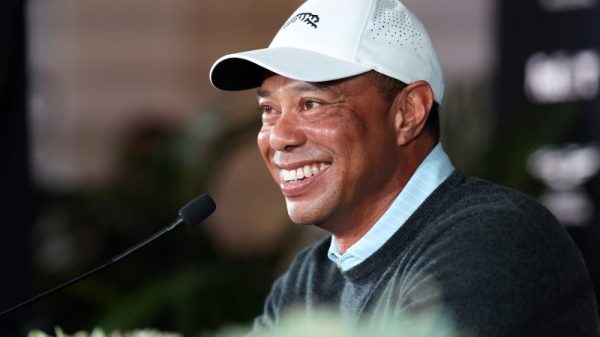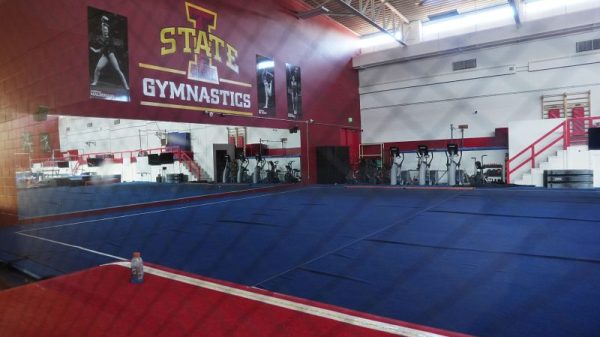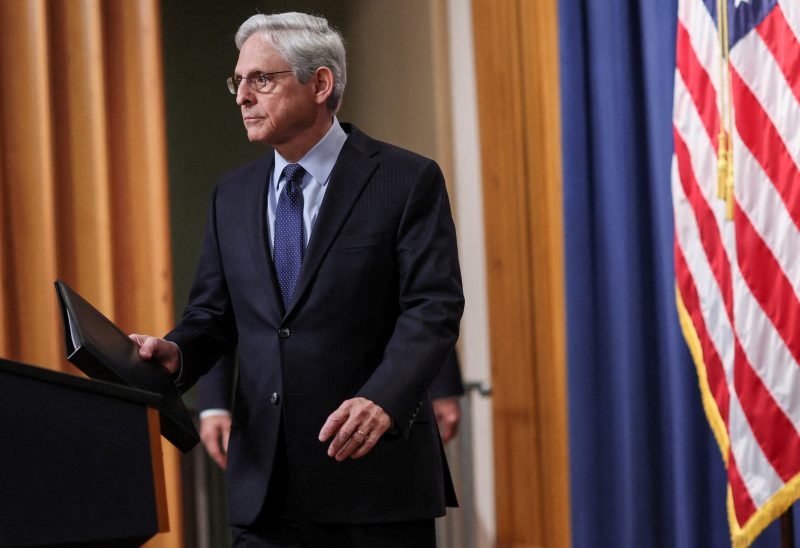The Justice Department announced Friday that it has submitted final rules that would apply more security checks on gun owners and sellers who use unregulated stabilizing braces to effectively transform pistols into more deadly rifles.
The rules would not change federal gun laws, but officials said they provide a clear interpretation to existing regulations and close a loophole that allowed people who use the devices to skirt some rules applied to rifles but not to handguns.
It’s the Biden administration’s latest attempt to modestly strengthen gun laws even as Congress declines to consider more aggressive legislative action sought by the president. In August, an executive action to crackdown on the online sale of untraceable gun parts known as “ghost guns” took effect.
Owners of short-barreled rifles — compact weapons that often can be braced against the shoulder to spray bullets faster and with more accuracy — must pay extra taxes and apply to register the rifles with the federal government.
Applying the stabilizing brace to a pistol allows the weapon to function like a short-barreled rifle without the gunowner facing the same federal regulations. Under the new rules, if the stabilizing brace is affixed to a pistol, sellers and gun owners would have go through an extra vetting process as they apply to register the gun with the federal Bureau of Alcohol, Tobacco Firearms and Explosives.
Stabilizing braces were designed to help people with disabilities use pistols; the new rules would not require extra regulations when the accessory is used for this purpose.
“Almost a century ago, Congress determined that short-barreled rifles must be subject to heightened requirements,” Attorney General Merrick Garland said in a call with reporters Friday. “Today’s rule makes clear that firearm manufacturers, dealers and individuals cannot evade these important public safety protections simply by adding accessories to pistols that transform them into short-barreled rifles.”
Gun control advocates have long pushed for the federal government to clamp down on stabilizing braces — an effort that gained more traction after the devices were used by pistol-wielding assailants in both the 2019 Dayton, Ohio, shooting that killed nine people and the 2021 Boulder, Colo., shooting that killed 10 people. Officials estimate that there are 3 million stabilizing braces in the country.
During the Trump administration, ATF proposed new rules to regulate the gun accessory, but pulled them amid outcries from Republicans in Congress. In 2021, Biden vowed to write new rules that would make clear that stabilizing braces should be subject to the restrictions of short-barreled rifles under the National Firearms Act.
Officials said ATF received 237,000 comments during the public comment period of the rulemaking process.
Gun right groups slammed the new rules Friday, saying they are an effort to bypass Congress and create a large federal gun registration.
“The admin continues to find ways to attack gun owners,” the lobbying group Gun Owners of America wrote on Twitter.
The interpretation of the rules — which could be challenged in court — take effect once they are published in the Federal Register, which is expected to happen next week. Manufacturers, dealers and gun owners will have 120 days to register their weapons and comply.
“This rule enhances public safety and prevents people from circumventing the laws Congress passed almost a century ago,” said ATF Director Steven Dettelbach. “In the days of Al Capone, Congress said back then that short-barreled rifles and sawed-off shotguns should be subjected to greater legal requirements than most other guns.”
Mark Berman contributed to this report.



























